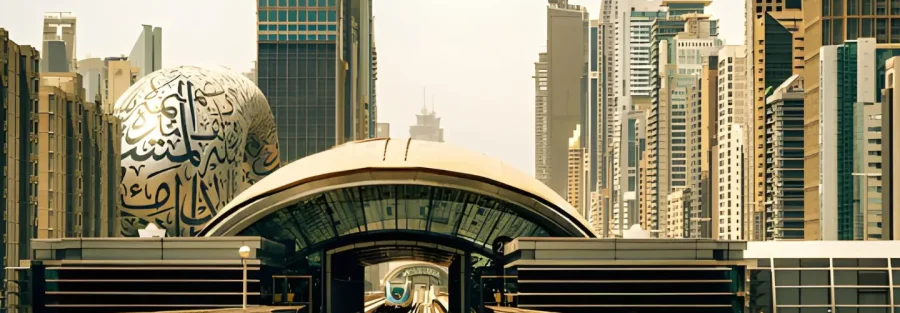There was a time when company formation in the UAE was just paperwork – licenses, approvals, stamps, and a trade name.
Today, it’s something else entirely.
Dubai has evolved into a sandbox for global business experiments, a place where entrepreneurs, investors, and innovators test, pivot, and scale without the usual friction that slows ambition elsewhere.
It’s not just about tax benefits or free zones anymore – it’s about freedom of iteration.
Why the World Starts in Dubai
Across the GCC, no market has blurred the line between corporate setup and innovation quite like Dubai.
A tech founder can form a company in the DIFC to access venture capital, build a prototype in Dubai Internet City, and test a regional launch from Dubai Silicon Oasis – all within a few kilometers.
A logistics company can start in JAFZA, partner with AI startups in Dubai South, and attract global investors through DMCC.
The message is clear: in Dubai, company formation is not an end – it’s the beginning of experimentation.
This is why more than 80% of MENA startups either originate or relocate to the UAE, and why global companies like Revolut, Kraken, and Binance chose Dubai as their first GCC home.
From Free Zones to Freedom
Dubai’s free zones were once designed for trade and logistics.
Now, they’re micro-ecosystems – each one a niche experiment in regulatory innovation.
The DIFC became the region’s financial lab, blending English common law with UAE flexibility.
The ADGM in Abu Dhabi tested digital-asset regulations before most global regulators did.
The DMCC built entire frameworks around crypto commodities, diamond trading, and fintech.
And the RAKEZ model – with its minimal-entry corporate structures – became a magnet for global freelancers and SMEs.
Together, they’ve created something few cities in the world have: a regulatory environment that treats business as a live experiment, not a static system.
Risk, Rethought
Globally, entrepreneurs fear regulation.
In Dubai, it’s different – regulation evolves with them.
When startups struggled to open bank accounts, the government launched KYC simplification pilots and fintech sandboxes.
When freelancers demanded legitimacy, the UAE introduced virtual working licenses and remote work visas – long before it became global policy.
When the global minimum tax arrived, Dubai adapted, creating space for compliance that still preserved competitiveness.
Every shift became an experiment in balancing control and creativity.
Where Failure Is Legal
Perhaps the most powerful element of Dubai’s rise as a corporate sandbox is cultural, not procedural.
In much of the world, business failure is a stain.
In Dubai, it’s data.
Liquidation and reformation – closing one entity to start another – are not seen as failure but iteration.
This is why new founders, global investors, and corporate service providers describe Dubai as “the Silicon Valley of structure.”
You can fail fast, legally, and rebuild without losing face.
That’s not just innovation. That’s institutional empathy – and it’s built into the system.
The Human Layer Behind the Systems
Behind the streamlined portals, automated licenses, and “business in a day” ads lies a crucial truth: Dubai’s success isn’t digital – it’s human.
Corporate service providers, free zone advisors, legal consultants, and compliance specialists have quietly built the connective tissue of Dubai’s business ecosystem.
They’ve made it possible for thousands of entrepreneurs to navigate between law, ambition, and opportunity.
It’s this human infrastructure – not just digital portals – that has turned Dubai into a global testbed for business ideas.
What the Rest of the World Can Learn
Most cities regulate first and innovate later.
Dubai flips the equation.
It creates small, controlled zones of experimentation – free zones, sandboxes, pilot projects – and scales what works.
It’s the reason global consulting giants study Dubai’s corporate frameworks as models for future-ready governance.
While other economies debate how to future-proof business law, Dubai has been quietly doing it – one experiment, one entrepreneur, one company formation at a time.
Conclusion: The Sandbox Mindset
Dubai’s rise as a business hub isn’t just about incentives – it’s about intent.
It’s about a system built not to control ambition, but to channel it.
In this sandbox city, entrepreneurs aren’t waiting for permission – they’re building, failing, and rebuilding within a framework designed for evolution.
Because in Dubai, every license is a launchpad – and every company formation is a quiet act of innovation.





